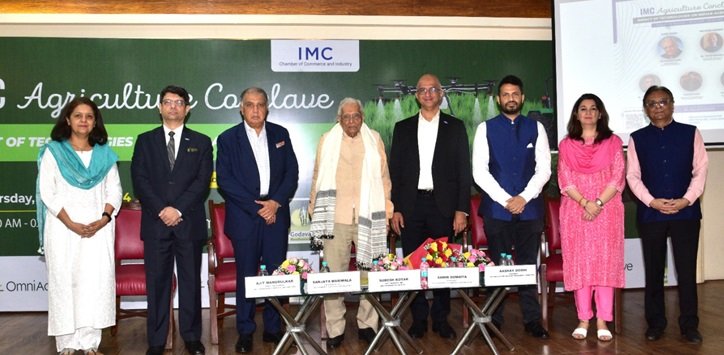Godavari Biorefineries announces investment in grain-based distillery to enhance ethanol production
Strategic Investment of approximately Rs 130 Crore to boost ethanol capacity with dual-feedstock flexibility, aligning with India’s green energy.
Godavari Biorefineries Limited (GBL), a pioneer in renewable chemicals and biofuels, has announced an investment in corn/grain-based ethanol to further strengthen its ethanol production capabilities. The company plans to invest approximately Rs 130 crore in a new 200 KLPD corn/grain-based distillery to its existing operations, enhancing flexibility through dual-feedstock capability. The company reported a 25 per cent Y-O-Y increase in revenue growth in H1FY25, demonstrating its operational strength and focus on sustainable growth.
Key Highlights of the Investment:
● Proposed Capacity: 200 KLPD Corn/grain-based distillery.
● Investment Required: Approximately Rs 130 crore.
● Mode of Finance: Internal accruals and debt.
● Commissioning Timeline: Q4 FY 2026
This strategic move aligns with GBL’s long-term vision of supporting India’s transition to green energy while ensuring resilience against climate-induced risks. The new facility will offer operational fungibility, enabling the use of alternative feedstocks such as maize to mitigate disruptions caused by factors like poor monsoons and policy changes.
Samir Somaiya, Chairman and Managing Director of Godavari Biorefineries, said, “We are investing in new corn/grain-based ethanol production to complement our existing sugarcane-based operations. This will give us a dual-feedstock capability and will ensure more resilient ethanol production, even during climate-related disruptions, and position us to meet the growing demand under India’s ethanol blending program. This expansion will help us maintain production stability and contribute to India’s energy security goals.”
The expansion comes at a pivotal time as India’s ethanol demand rises, driven by its ambitious blending targets and increasing energy requirements for mobility. By leveraging dual-feedstock technology, GBL aims to strengthen its market position and ensure consistent growth.
Strategic Investment of approximately Rs 130 Crore


